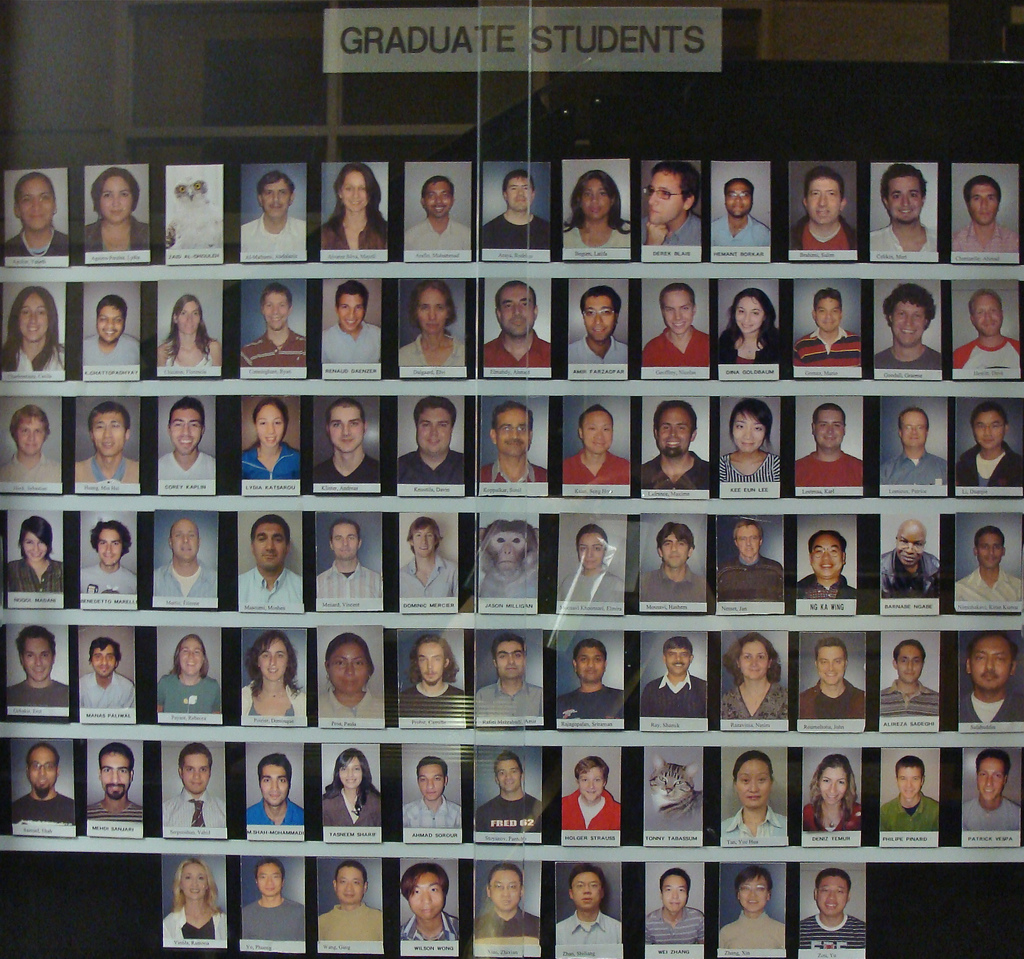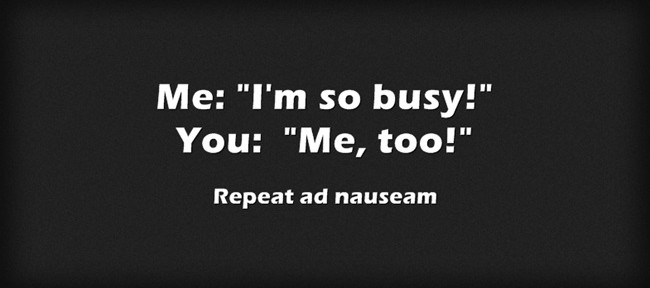Editor’s Note: This is the fourth installment of a four-part series written by doctoral student David Jeffries. View part 1, dedicated to the first-year graduate school experience, part 2, dedicated to the second year, and part 3, dedicated to the third year.
 Start your fourth year in the summer.
Start your fourth year in the summer.
The summer between your third and fourth year is a good time to assess where you are in accordance with the trusty handbook you took the time to read and get to know in the earlier years of your graduate program (see part one). By this point it is likely that you are approaching a period where you may advance to candidacy (!) so checking in with program expectations can be a good idea throughout this year.
During the summer between your third and fourth year, talk through concerns around your graduation timetable and your funding with your advisor. Regardless of what relationship you have with your advisor, by this point in your graduate work you undoubtedly have been communicating with faculty. Continue to do so in a way that serves your programmatic interests and highlights your accomplishments. By having these conversations with faculty, and reviewing what is left for you to tackle before your fourth year starts, you can re-establish a commitment to your doctoral program, while also recommitting to a sense of self-preservation and self-care by looking out for new opportunities.
To recap, in your rising fourth-year summer, look towards your dissertation, look into funding for future years, and consider your timetable.

As you become a more seasoned graduate student, you’ll know when and how to step away from your work. (Source: “Studies” by Flickr user lindztrom. Some rights reserved.)
Treat graduate school like a job.
By the time you begin your fourth year it is likely that the majority of your coursework is behind you. This likens you more to that of a professional with a 9-to-5 schedule. To that end, care for yourself by beginning to increasingly treat graduate school like a job. This means you can make it your priority to set up times when you do work, and times when you absolutely do not work. In earlier years your schedule may fluctuate too much or rely on late hours of studying, but with most of your coursework out of the way, it is time to recommit yourself to setting limits.
With most of your coursework out of the way, it is time to recommit yourself to setting limits.
When you go into your lab or office at the start of a day, have a plan. In realizing that plan, take purposeful breaks and work efficiently. Once the evening comes around, however, give yourself permission to leave your work at work. Go home or go out, but either way do not convince yourself that you can or should be working all the time.
More seasoned graduate students often confess that doctoral programs become easier once they become more comfortable with the truth of always having a to-do list that never really gets done. The key is, that is totally okay. Like someone with a 40-week job, graduate students will always have more than 40 hours worth of work to do. So do what you can, when you can, but do not lose sight that this is a choice you’ve made in pursuit of your own future happiness.
If working too hard causes your doctoral program to become a source of consistent discontent, it is important to be able to reflect on what you can change in the service of being happier. Always commit to things that are in your best interest, and leave your work at work!
















